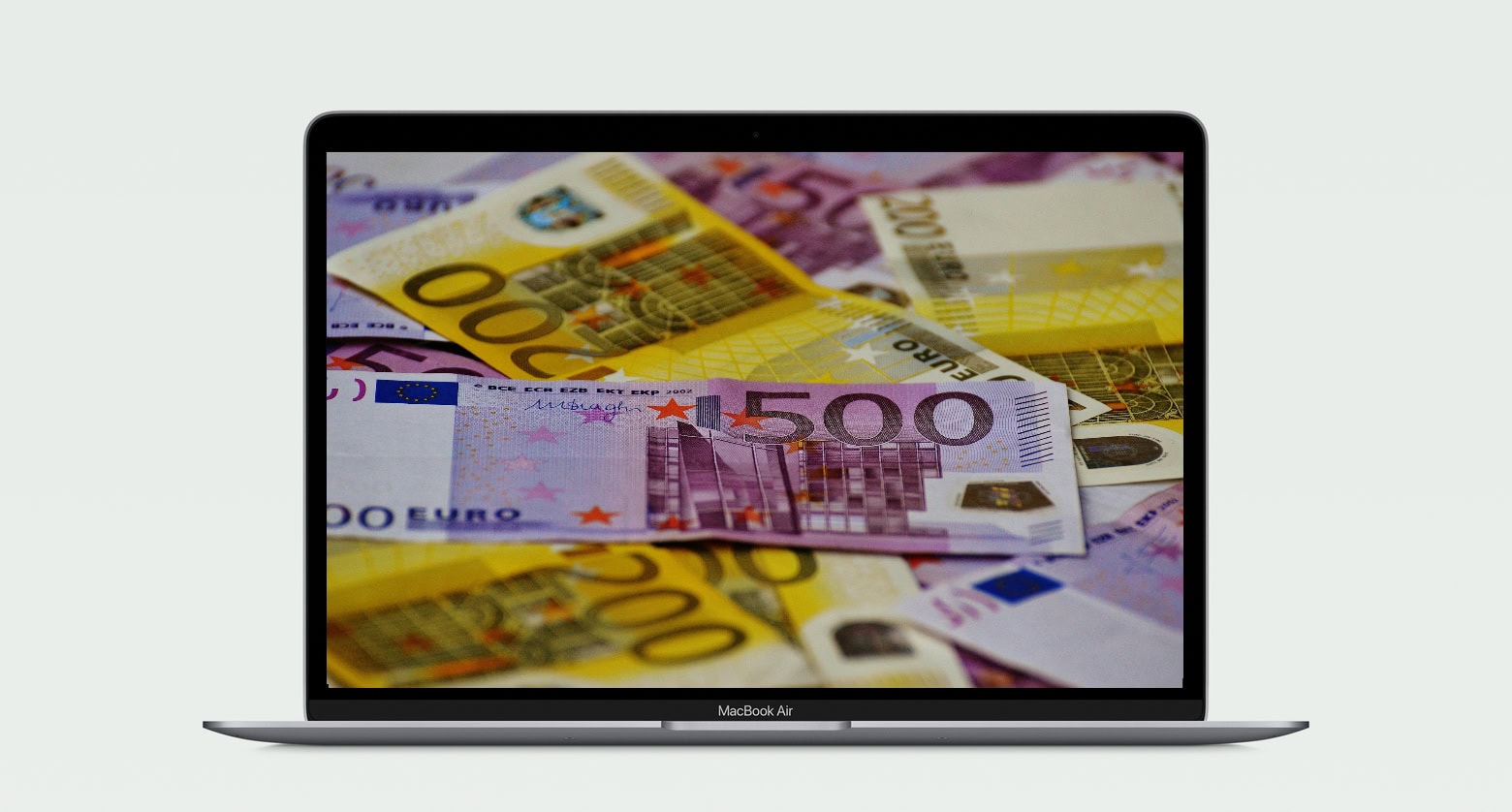Apple ran out of appeals after a Tuesday ruling by the European Union’s highest court that the iPhone-maker must pay 13 billion euros ($14.3 billion) in taxes it’s owed since 2016.
It’s the final result of a scheme in which Apple tried to lower its taxes by routing European revenues through Ireland, where it was charged a lower tax rate.
Apple got dodgy with EU tax laws
A decade and more ago, the Republic of Ireland agreed to charge Apple a very low tax rate if it funneled its EU profits through the country. A later probe by the EU Commission found that Apple paid a tax rate of as little as 0.005 percent on its European profits in 2014. To put that number in perspective, it’s around $50 tax for every $1 million brought in.
“The Commission’s investigation concluded that Ireland granted illegal tax benefits to Apple, which enabled it to pay substantially less tax than other businesses over many years,” European Commissioner Margrethe Vestager said at the time.
Apple CEO Tim Cook called this opinion “total political crap,” according to Financial Times.
Still, the EU sent Apple a 13 billion euros tax bill. The company paid the money in installments through 2018, but then the cash sat in escrow while Apple appealed the decision.
That process came to an end Tuesday. The European Court of Justice ruled that “Ireland granted Apple unlawful aid which Ireland is required to recover.”
In a statement sent to Financial Times, the company said the EU is “trying to retroactively change the rules and ignore that, as required by international tax law, our income was already subject to taxes in the US.”


